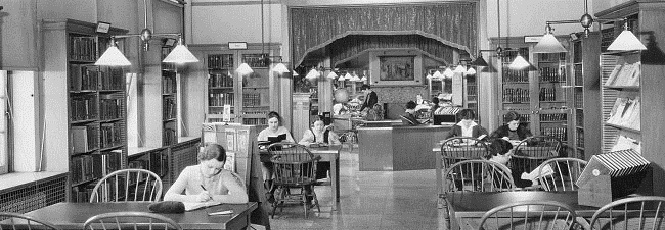
Fontbonne Theatre Programs
Season
1967-1968
Performance Dates
March 21, 22, 23, 24, 1968
Director
Don Garner
Description
Fontbonne Theatre
Introduction
Greek tragedy has been called a school of patriotism and Euripides was of this school no less than the other tragedians. Of the three great writers of tragedy, however, he was the most self-revealing and the most outspoken on current issues. In the early years of the Peloponnesian War, during which war the greater part of his extant plays were written, he showed belief in the rightness of the Athenian cause, but in time he had reason to conclude that, at least in the treatment of captives, neither side was better than the other. Being, besides, fundamentally a supporter of peace, he was impressed less with the glories of war than by its cruelties, which excited his pity. All this comes through clearly in The Trojan Women, which was produced the very year that Athens embarked upon the ambitious but fatal Sicilian Expedition.
The Trojan Women is a drama not of intrigue, of reversal, nor does the interest lie in a plot that advances, but is rather a drama of a single situation, in which the interest is epic rather than dramatic. The situation is that of the women of Troy's royal family the day after their city's capture, as they await their fate. Unity is achieved through the protagonist, Queen Hecuba, on whom all suffering falls, as all that remains of her family is separated from her forever, to whom each fresh report of the insolence and cruelty of the Greeks brings a new and personal grief. The chorus of Trojan women is absorbed in a single theme, the fate of Troy, and the horrors of slavery for women of a sacked city. While the whole play is a dirge for Troy, throughout there is heard the note of disaster still to come, the Nemesis that lies in wait for the insolent Greeks.
Sister Marie Vianney O'Reilly, Assistant Professor of Classical Languages
Document Type
Program
Publisher
Fontbonne University Archives
City
St. Louis, MO




